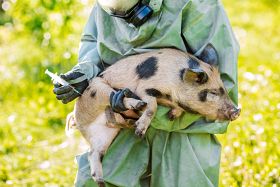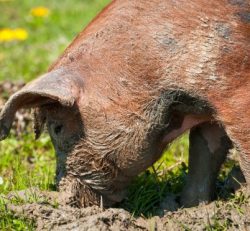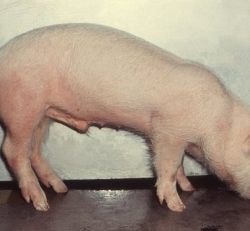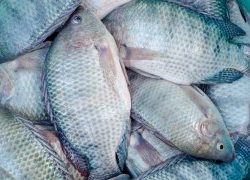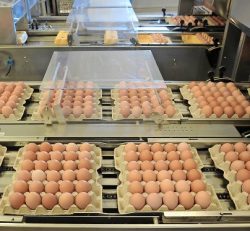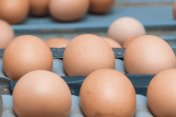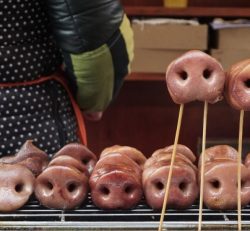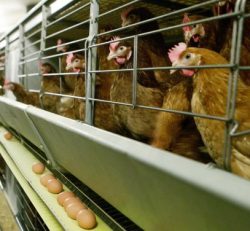INTRODUCING THE NEW RULES ON GENE-EDITING IN PORK PRODUCTION
What you need to know about the recent EU court ruling on gene-editing and GMO, and how this will affect pig farmers globally
The recent ruling has been met with outrage, disappointment and concern from the farming industry as the regulation of gene-editing and subsequent labelling of products is to be governed under the badge of GMO (genetically modified organism).
The EU Court of Justice (ECJ) ruling states:
“Organisms obtained by mutagenesis are GMOs within the meaning of the GMO Directive, in so far as the techniques and methods of mutagenesis alter the genetic material of an organism in a way that does not occur naturally. It follows that those organisms come, in principle, within the scope of the GMO Directive and are subject to the obligations laid down by that directive.”
Representatives of the pig industry, including producers, breeders, genetics companies and breeding forums, have voiced their concern over how pork products will now be marketed to consumers and, most importantly, what impact this change will have on demand.
The Pig Site spoke to Ana Granados, European Forum of Farm Animal Breeders (EFFAB) and Farm Animal Breeding and Reproduction Technology Platform (FABRE TP) director, about her views on the recent changes. Ana explains:
“What I can say to you is that currently, the ruling means nothing for producers or consumers as gene-edited pigs are not in the food supply. However, we (EFFAB) are disappointed in the ECJ decision as it disparages the significant benefits possible with the responsible use of gene editing: including improving food safety, eliminating deadly animal diseases, increasing animal welfare and more sustainably nourishing a growing population that will face a daunting protein shortage in the decades to come.
“We strongly believe that gene editing is an improvement upon breeding techniques that have been performed since the dawn of agriculture and therefore, gene editing should be regulated under a set of laws that acknowledges the different science and risk profile compared to GMOs. The ruling is too strict for us and it’s going to slow down innovation in Europe.
“Despite the disappointment, EFFAB are hopeful that the decision will bring to the forefront the debate about how to best manage the risks and harness the undeniable benefits of this technology. I work in Brussels to engage with regulators, mainly in Europe, as well as with consumers as the industry responsibly moves our programmes towards approval.”
In a public response to the ECJ ruling, the EFFAB stated the potential of gene editing to drastically improve current farming:
- Animal health – creating resistance against diseases such as PRRS in pigs or Avian influenza in poultry, to increase the protection of livestock health. Increasing resistance in pigs to PRRS assists to reduce other associated diseases in pig farming and the overall use of antibiotics.
- Animal welfare – enforcing hornless cattle to avoid the dehorning procedure of calves and protect farmers and castration-free piglets.
- Wildlife protection – gene editing in aquaculture can protect wild populations of fish from mixing with farm escapes.
- Better use of resources – improving the feed efficiency in poultry and aquaculture.
- Climate change – breeding of ruminants with lower methane emissions.
- Sustainability – with regards to a growing human population, the ongoing climate change and the economics of low income for farmers, gene editing is a tool to improve sustainability in livestock production.
Click here for more genetics news and knowledge
Source: www.thepigsite.com


